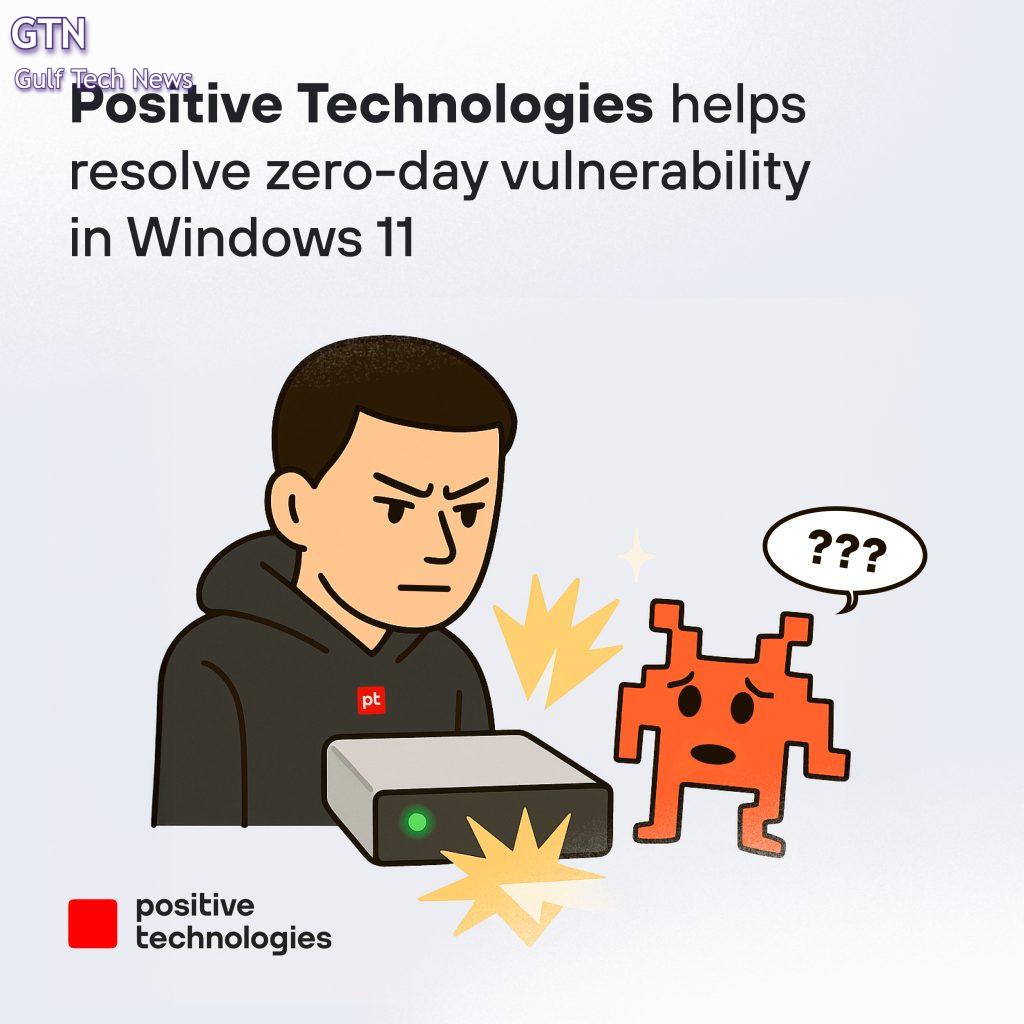Outdated Cybersecurity Practices Endanger Industrial Operations

CPX Holding, a leading provider of cutting-edge cyber and physical security solutions and services, today released a new whitepaper titled “Securing Operational Technology with Trust and Collaboration.”
The paper provides a comprehensive overview of the unique cybersecurity challenges facing Operational Technology (OT) environments and outlines practical recommendations for organizations seeking to modernize securely.
As critical infrastructure sectors such as energy grids, transportation, manufacturing and water treatment plants become increasingly connected through cloud, IoT and AI, the study highlights that implementing traditional IT security frameworks is not only inadequate but can be risky when applied to OT.
From the Triton malware targeting safety systems to the 3CX supply chain compromise and the recent Norwegian Dam breach that revealed hidden vulnerabilities, these incidents underscore that OT cybersecurity must be approached differently.
There is an urgent need for organizations to embed a ‘cybersecurity by design’ approach early in the Engineering, Procurement and Construction lifecycle rather than bolting on controls after systems are deployed to promote safer, more resilient industrial operations.
“These incidents are a wake-up call, and organizations must stop securing OT as if it were IT,” said Azeem Aleem, Global Executive Director, Cyber Resilience Services at CPX. “Operational environments have unique requirements.
Securing them demands trust, context, and a shared understanding of what’s at stake. The whitepaper offers a practical roadmap to help organizations modernize securely, protect critical infrastructure, and navigate the complex realities of cyber risk in the industrial age.”
The findings also point to a critical competency crisis. As threats grow more sophisticated and the stakes rise, there is a shortage of cross-disciplinary trusted advisors who combine deep industrial operations knowledge with cybersecurity acumen.
The paper defines eight core competencies essential, including mastery of industrial control systems, secure digital transformation enablement and the humility to recognize that IT-centric solutions often fail in mission-critical environments.
This publication calls on regulators, operators, technology vendors, and the security community to collaborate, rethink outdated approaches and build trust-driven strategies that match the realities of today’s industrial threat landscape.




